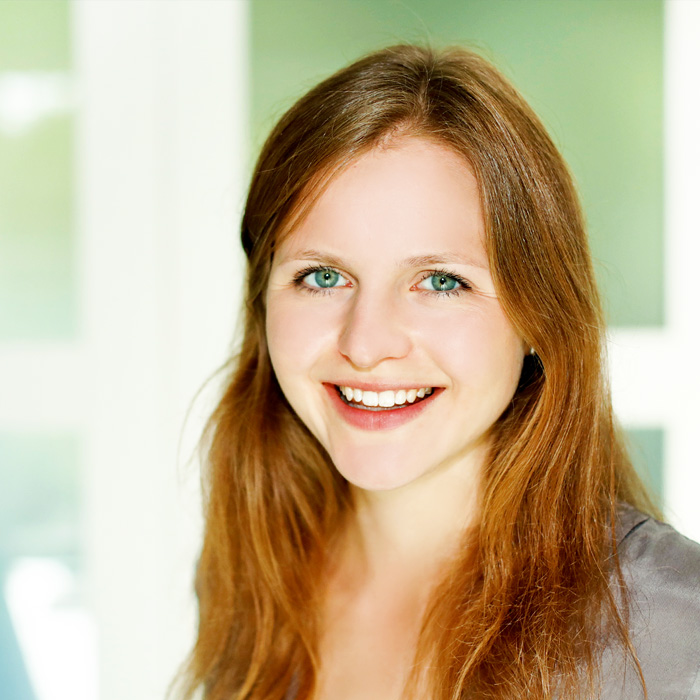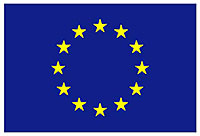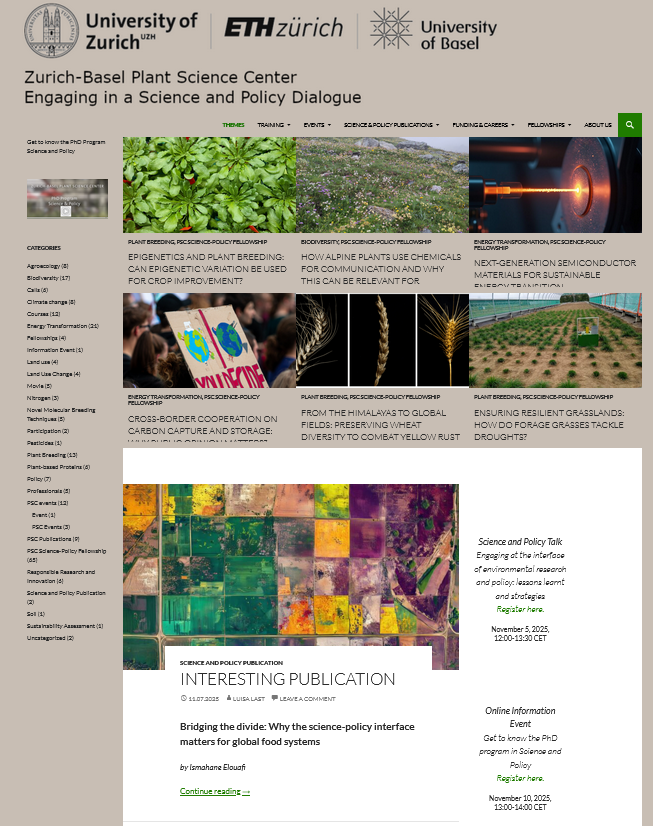Engineering the Policy-Enabled Transition to Sustainable Multi-Energy Sytems

Fellowship Duration: Jan 2021 - Jan 2025
PhD Student: Linda Brodnicke (LinkedIn)
Principal Investigator: Prof Giovanni Sansavini, Reliability and Risk Engineering lab, Department of Mechanical and Process Engineering, ETH Zurich, Switzerland
Project Partner: Dr. Matthias Gysler, Swiss Federal Office of Energy, Berne, Switzerland
Research Fields: Energy Systems Optimization and Policy
Project Description
Multi-energy systems are projected to play a key role towards the transition to the sustainable energy system. Multi-energy systems are systems, where different energy carriers such as heat and electricity are optimized jointly rather than separately. Their benefits in terms of economic, environmental and social sustainability are increasingly confirmed by researchers, as well as public and private organizations. Multi-energy systems are mainly investigated using techno-economic optimization approaches, which provide their target design and the optimal operation for a variety of external conditions. However, this target design can only emerge as a collective result of the independent decision-making of the agents that plan, live in, use and operate the current energy distribution systems. Thus, a transition to distributed multi-energy systems can only be enabled by supporting informed decisions by the aforementioned user groups, i.e. end-users.
The project aims to identify energy policy mechanisms which facilitate the transition to sector-coupled technologies (i.e. heat pumps and electric vehicles) by bridging the gap between techno-economic design and policymaking. Specifically, this project examines how the adoption of electric vehicles and heat pumps can be accelerated via the deployment of policies. This will be done by leveraging and combining the technical expertise on multi-energy systems within the Reliability and Risk Engineering group at ETH and the policy-related expertise of the project partner, the Swiss Federal Office of Energy (SFOE). The results of this project will be published in relevant scientific journals.
This fellowship is hosted by the Energy Science Center.
Activities and Publications
Doctoral thesis Fostering Decentralized Multi-Energy Systems: Policy Strategies and Methods for Effective Sector Coupling
ETH Energy Blog article (2025) What to consider when buying a photovoltaics system for your home
Peer-reviewed article in Applied Energy (2025) on Transforming decentralized energy systems: Flexible EV charging and its impact across urbanization degrees
Peer-reviewed article in Energy Policy (2025) on Accelerating heat pump adoption in Switzerland: An agent-based policy assessment
Peer-reviewed article in Energy and Buildings
(2024) on Dynamic grid emission factors and export limits reduce emission abatement and cost benefits of building PV systems
Peer-reviewed article in Applied Energy (2023) on Impact of policies on residential multi-energy systems for consumers and prosumers
Co-authored peer-reviewed article (2024, preprint) on Funplex: A Modified SimplexAlgorithm to Efficiently Explore Near-Optimal Spaces
Conference talk at the INFORMS Annual meeting (Seattle, USA, Oct 2024)
Conference talk at the EURO conference (Copenhagen, Denmark, Jul 2024)
Conference talk at the MSCA Presidency conference (Toledo, Spain, Nov 2023)
Conference talk at the INFORMS Annual meeting (Phoenix, Arizona, Oct 2023)
Conference talk at the 14th International Conference on Applied Energy (Bochum, Germany, Aug 2022)
Conference talk at the International Conference on Applied Energy (Bangkok, Thailand, Nov-Dec 2021)
Award winner (2023) of the MSCA Science-Policy Pitch Competition “Research contribution to wider EU policy priorities” (Toledo, Spain, Nov 2023)
Secondment and Research Stay
During her secondment at the BFE, Linda supported various ongoing projects, and thus got an insight into how the federal office works. The topics that Linda worked on were related to energy security, compliance, and scenario analysis. Moreover, she was involved in writing calls for proposals for future projects. In each of the projects, she worked with both internal team members and external experts that were working on the topics.
Duration: Sep 2022 - Jan 2023
Research stays abroad: Stanford University (USA) with Professor Inês Azevedo
Duration: May 2023 - Oct 2023
Stakeholder Workshop
The SWEET consortium held a small event for the public to interact with researchers from ETH Zurich, the University of Geneva, and other Swiss institutions on May 22, 2024. There, Linda held a presentation titled “Wie teuer ist Energieunabhangigkeit?” (How expensive is Energy Independence?). Moreover, she conducted an energy quiz with the attendants, and there was a Q&A session. Moreover, there was a joint dinner with everyone, followed by informal drinks, which gave the opportunity for further exchanges. The participants were a mix of other researchers, and members of the public. Most members of the public had some affinity to energy topics. For example, over dinner she talked to an active member of the Photovoltaics (PV) owner association. From this conversation, she learned about the challenges and considerations regarding owning PV systems in Switzerland, which is relevant for my work in WP 2, where she examine the impact of export limitation policies on cost- and emissions-optimal PV systems. In the discussion, Linda realized that their work can be of great value for people considering to buy PV systems.



